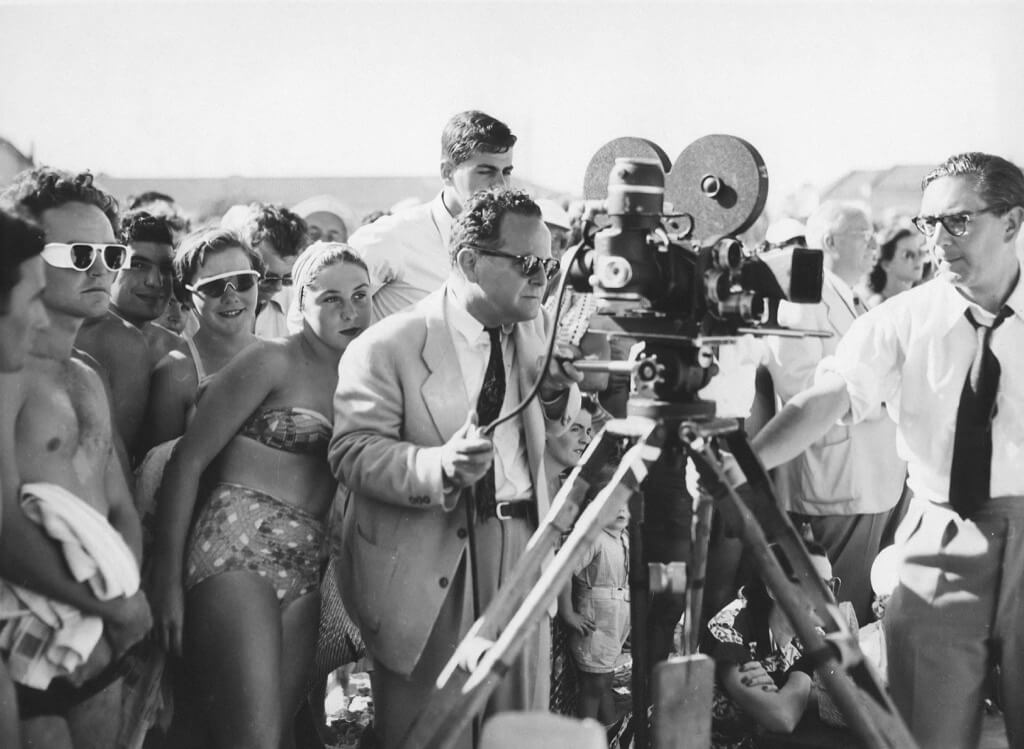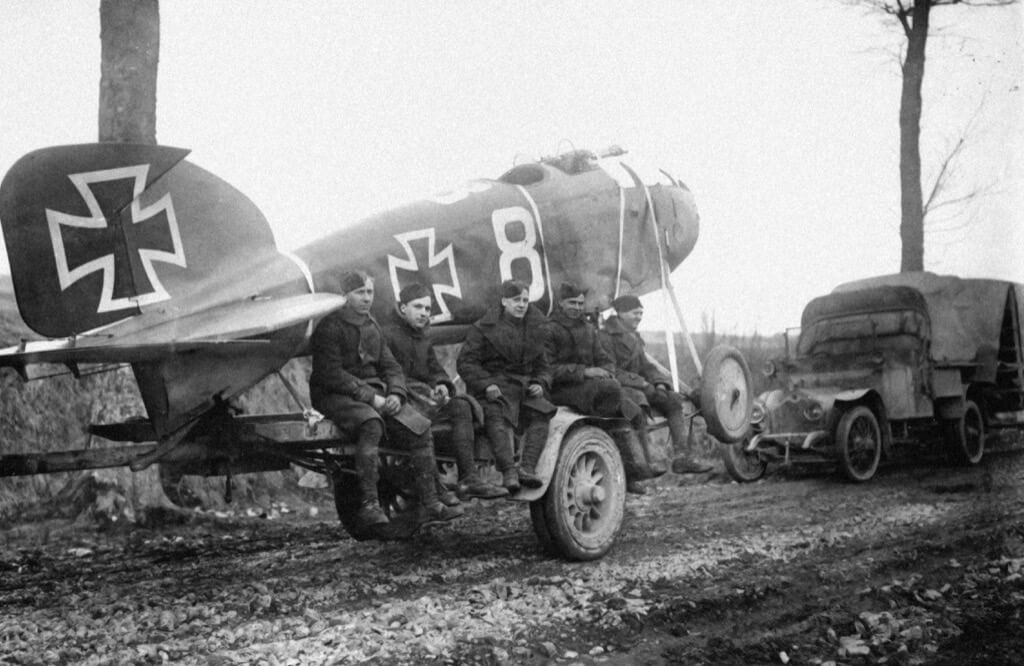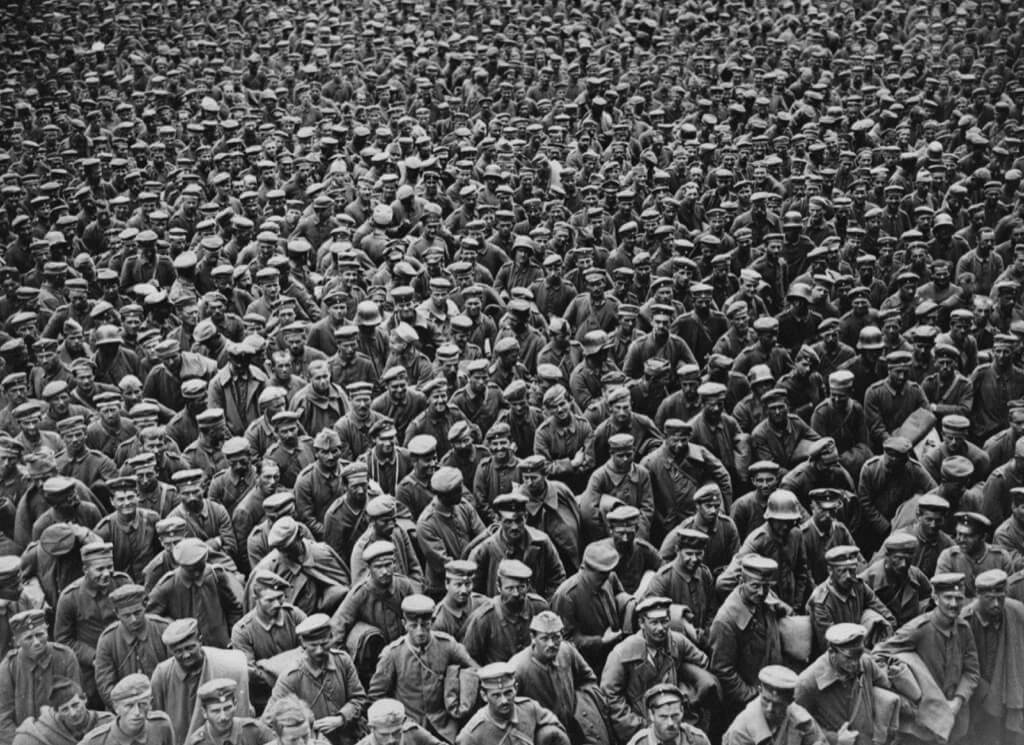Hiroo Onoda, a former employee of a Chinese commercial firm, was conscripted into the Japanese Imperial Army at age 20. He trained at Nakano School, specializing in guerilla warfare and intelligence. In 1944, Onoda was sent to Lubang Island, Philippines. His orders, given by Major Yoshimi Taniguchi, were explicit: he must survive and continue his mission regardless of circumstances.
Onoda’s deployment coincided with the Allied invasion of Lubang in February 1945. As Japanese forces dwindled, Onoda’s group persisted in guerilla activities, unaware of Japan’s surrender. Despite encountering several indications of the war’s end, including pamphlets and dropped messages, Onoda and his companions dismissed these as enemy propaganda, unable to conceive of Japan’s defeat.

Onoda’s group, dwindling to four, sustained themselves on limited resources while maintaining their guerilla tactics. Efforts by locals and the Japanese government to inform them of the war’s end were met with skepticism, and viewed as elaborate Allied traps. This distrust extended even to Japanese emissaries and family appeals.
The group’s resolve slowly fractured. Yuichi Akatsu, one of Onoda’s companions, deserted in 1949, surrendering after a period of hiding. Onoda’s unit, now even more cautious, continued their mission, convinced of ongoing conflict.
Onoda, steadfast in his mission, remained in hiding for years, until 1974. His return to society was facilitated only after his former commander, Taniguchi, personally revoked his orders. Onoda’s return was a poignant reminder of the complexities of war and the human capacity for perseverance under extraordinary circumstances.
Lessons Learnt From Onoda’s Resilience
- Onoda’s ability to survive in harsh conditions for nearly three decades is a testament to human resilience. His resourcefulness in adapting to life in the wilderness, with limited resources, showcases the human capacity to endure and adapt to extreme circumstances.
- Onoda’s unyielding adherence to his orders reflects how powerful and enduring belief systems can be, especially those instilled during intense training and indoctrination. His story highlights how deeply ingrained beliefs can shape a person’s actions and decisions, even in the face of contradictory evidence.
- Onoda’s prolonged combat mindset illustrates the psychological impacts of war. Soldiers often undergo significant mental conditioning, which doesn’t just switch off with the war’s end. This aspect of a soldier’s life is crucial in understanding the challenges faced by veterans reintegrating into civilian life.
- The difficulty in convincing Onoda of the war’s end underscores the importance of clear, credible communication. Miscommunication or lack of trust can lead to prolonged conflicts and misunderstandings.
- Onoda demonstrated an extreme sense of loyalty and duty, qualities that are highly valued in many societies. His story is a powerful example of how these values when taken to an extreme, can have both positive and tragic consequences.
- The need for formal closure, exemplified by Onoda requiring his commanding officer to officially relieve him of duty, highlights the importance of closure in moving on from past experiences. This is relevant not just in military contexts but in personal and professional life too.
- Onoda’s actions also reflect cultural attitudes toward honor and duty, particularly within the context of Japanese society during and after World War II. His unwillingness to surrender without official orders speaks to a broader cultural narrative about honor and obedience.
- Onoda’s story is a poignant reminder of human fallibility. Despite his training and skills, he was susceptible to misinformation and mistaken beliefs, a trait common in all humans.
The Psychological Drivers Behind Japan’s Reluctance to Surrender
Japan’s prolonged engagement in World War II, even after its allies had capitulated, can be largely attributed to deep-rooted cultural and psychological factors. Central to this unwavering stance was the Bushido code, the samurai’s ethos, emphasizing honor, loyalty, and bravery.
This code, deeply ingrained in Japanese society, often advocated for death over the disgrace of surrender. For Japanese soldiers and military leaders, the notion of surrender was not just a tactical decision; it was a matter of national and personal honor. The Bushido code, coupled with the divine status of the Emperor, created a national psyche where defeat was inconceivable. This cultural backdrop played a critical role in shaping the decisions and actions of the Japanese military during the war, leading to a prolonged conflict and immense sacrifices.
The Bushido Code on Japanese Soldiers’ Conduct in WWII
The Bushido code’s influence on Japanese soldiers during World War II was profound and far-reaching. It shaped not just their strategies and tactics but also their entire approach to warfare. The historical evolution of Bushido, from a samurai’s code to a national ideology, instilled a sense of duty and honor in soldiers. This ethos was reflected in their extraordinary bravery and, at times, led to catastrophic outcomes. Soldiers like Hiroo Onoda, who continued fighting years after the war had ended, exemplify the deep impact of this code. Understanding the role of Bushido in shaping the conduct of Japanese soldiers offers insights into military ethics and the interplay of cultural values and warfare.
Post-WWII Japan
Following Japan’s surrender in World War II, the nation embarked on a path of profound transformation. The conditions of surrender were pivotal in shaping post-war Japan. Key among these were preserving the Imperial institution, internal handling of disarmament, and conducting war crime trials. The post-war period saw significant socio-economic and political changes. Japan navigated the challenges of occupation and reconstruction, gradually transitioning from a war-torn nation to a symbol of peace and economic success. This remarkable journey highlights the resilience and adaptability of a nation and its people in the face of adversity and change.
Facts You Didn’t Know
- Onoda was trained at the Nakano School, Japan’s premier training center for intelligence operations and guerrilla warfare. This elite training prepared him for the unconventional warfare he later conducted in the Philippines.
- Onoda honed exceptional survival skills during his time on Lubang Island. He survived on a diet primarily consisting of bananas, coconuts, and other foraged food, showcasing remarkable adaptability and resourcefulness.
- Onoda encountered numerous leaflets declaring the war’s end, but he dismissed them as enemy propaganda. His skepticism was partly due to his intelligence training, which taught him to distrust easily obtained information.
- Despite being on the island for 29 years, Onoda had very limited interactions with people outside his group. His encounters were mostly hostile, as he continued to engage in guerrilla activities against residents.
- In the initial years, Onoda and his companions often stole rice and other supplies from local villages to sustain themselves, further complicating their relations with the island’s inhabitants.
- Onoda and his group listened to a radio for news but doubted the authenticity of the broadcasts, reinforcing their belief that the war was ongoing.
- Onoda lost his last companion, Kinshichi Kozuka, in 1972, when Kozuka was killed by local police during one of their guerrilla activities. Onoda was left completely alone for the final two years on the island.
- Onoda kept his uniform and sword in good condition throughout his time in the jungle, a sign of his unwavering discipline and commitment to his military identity.
- Upon his return to Japan in 1974, Onoda struggled with the modernized post-war Japan, finding it difficult to adjust to a society that had moved on from the imperialistic values he had fought for.
- In his later years, Onoda moved to Brazil to become a cattle farmer and eventually returned to Japan. He wrote an autobiography, “No Surrender: My Thirty-Year War,” reflecting on his experiences and the mindset that sustained him through his prolonged warfare.
Onoda’s unwavering adherence to his initial orders, despite the evolving world around him, speaks volumes about the power of conviction and the effects of isolation. His eventual re-emergence into a world that had moved on serves as a stark reminder of the challenges faced by those who are disconnected from societal changes due to prolonged conflict.



